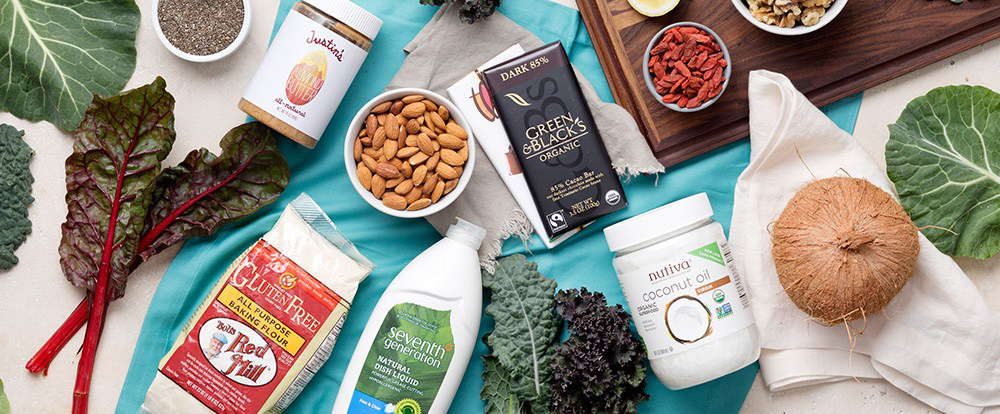Today’s food marketing has vendors doing everything they can to claim their products are healthy, “green”, and other trendy buzzwords. But the motives of food corporations are ultimately about the bottom line, and what you often find is that the products are manufactured not for their healthfulness but for their cheap production and improved shelf life. Canola oil is one such phenomenon, hyped as a healthy option when it is really mediocre at best and damaging at worst. So why is canola oil actually considered bad, and why does it have trans fats?

What is Canola Oil?
Surprise: It’s not from anything called canola! Canola oil is actually made from rapeseed, a flowering yellow plant like mustard. The Rapeseed Association of Canada named it “Canola” from the words “Canada” and “oil”. Before then, it was engine oil for steam engines, because of its high erucic acid that is damaging to health, and also causes a bitter taste. The erucic acid content alone has negative health implications for animals, including cardiac damage. Today, less bitter, food-safe varieties have been bred with low erucic acid levels. These are the food-grade canolas you see in stores today. Their erucic acid levels are about 2% in the USA. But just because it’s passed as food-safe doesn’t mean it’s the healthful oil it’s touted to be by merchants, for several reasons:
Canola Oil’s Trans Fats
 Cooking oils at high heat damages them, plain and simple. Canola oil is produced by processing at high heat. The healthy omega-3 fatty acids are degraded during this process, and they are deodorized with high heats to offset the rancid odors that follow. This whole process forms trans fats in the oil. The benefit to manufacturers is that the trans fats give their product a longer shelf life and different melting behaviors. Unfortunately, trans fats hurt consumers with serious health risks. USA canola oils have up to 4.6 trans fat. However, because of serving sizes, this is enough that the nutrition labels can still say 0 grams. This effect is worse if the product is a “hydrogenated canola oil.”
Cooking oils at high heat damages them, plain and simple. Canola oil is produced by processing at high heat. The healthy omega-3 fatty acids are degraded during this process, and they are deodorized with high heats to offset the rancid odors that follow. This whole process forms trans fats in the oil. The benefit to manufacturers is that the trans fats give their product a longer shelf life and different melting behaviors. Unfortunately, trans fats hurt consumers with serious health risks. USA canola oils have up to 4.6 trans fat. However, because of serving sizes, this is enough that the nutrition labels can still say 0 grams. This effect is worse if the product is a “hydrogenated canola oil.”
Canola Oil Nutrition Facts

The nutrition data for a cup of canola oil according to Self.com. I used a cup rather than a tablespoon to show the trans fat content.
GMO
This remains a controversial topic, where some see benefits to GMO, and others are concerned. Either way, canola seed is genetically modified. Concerns arose in 1997 when Monsanto recalled GMO canola seed because of a mix-up with the genetic modification process. The bags of seed included a gene that was not given the “okay” for human consumption. However, there have been no such recent cases we are aware of.
Depletes Vitamin E
In 1997 another study showed that canola oil used in the diet of young pigs caused their Vitamin E levels to drop too low. The study was carried out after a 1996 study using canola oil resulting in dead lab animals.
Hexane
Canola oil is usually extracted from the rapeseed meal by the use of Hexane. Many vegetable oils use this type of processing. Hexane is a petroleum product that is a known carcinogen., but is steamed away during the processing.
Unhealthy Oils Everywhere
If you want to avoid canola oil, check labels! It’s just so common, as it soybean oil, another unhealthy oil. It’s also in pre-made store-bought dressings, so you may prefer to make your own salad dressings using extra virgin olive oil. (It’s easy!)
Canola Oil Substitutes?
A healthier oil would be one that doesn’t need a lot of refinement to remain stable at moderately high to very high temperatures (depending on the use). Of course, virgin coconut oil (try Nutiva here) is an awesome choice for this because of its healthy medium chain triglycerides and health benefits. Other healthful oils are avocado oil and extra virgin olive oil. (See: Olive Oil vs. Coconut Oil Comparison Chart.)







